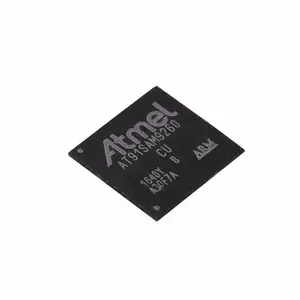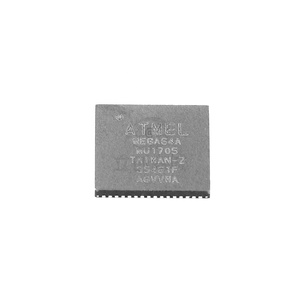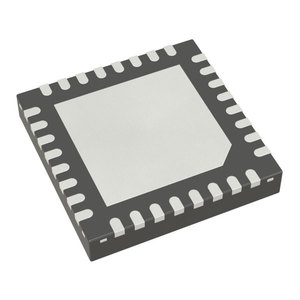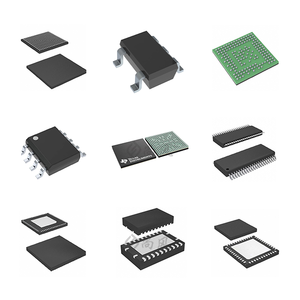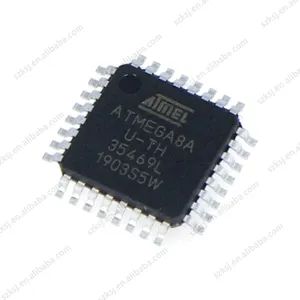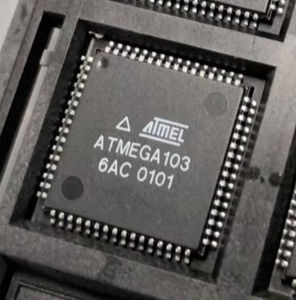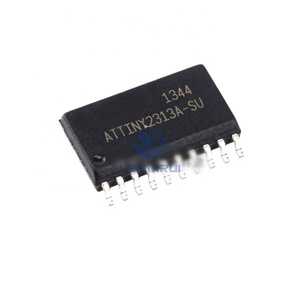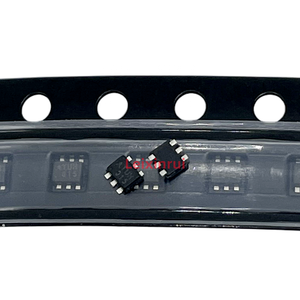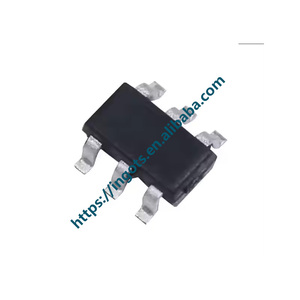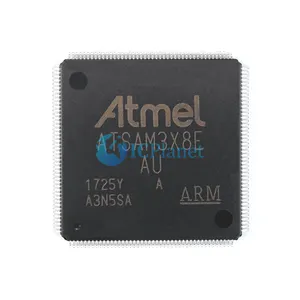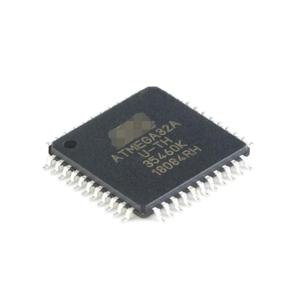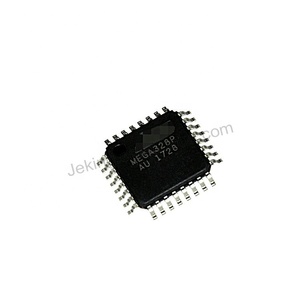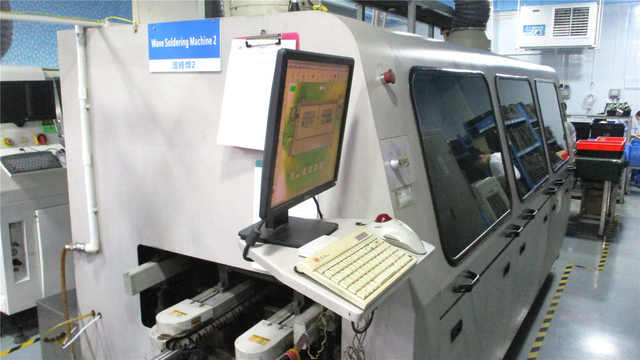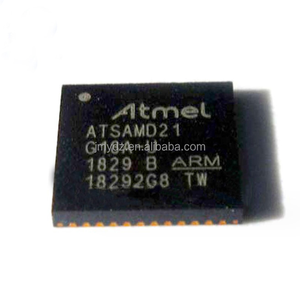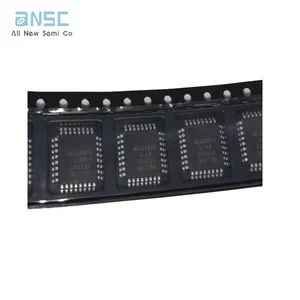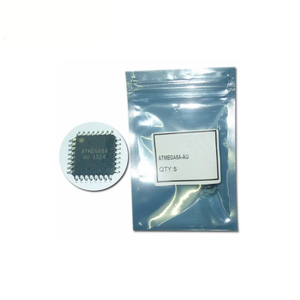Atmel Semiconductor








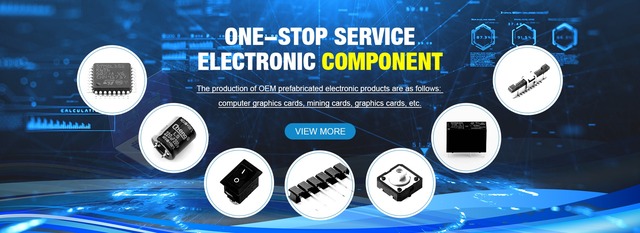



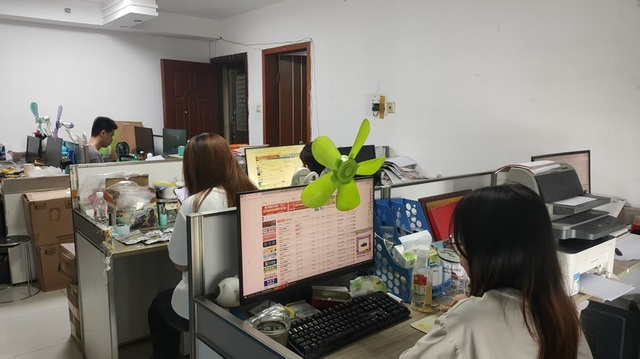













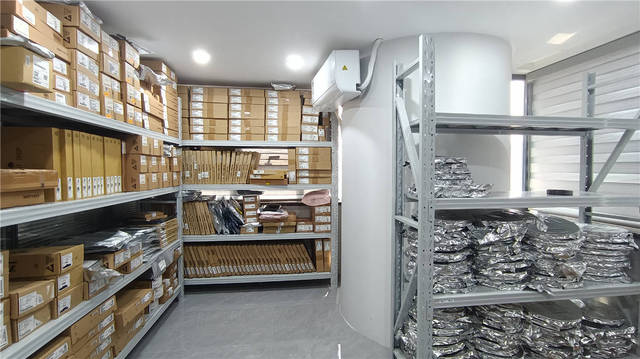

































About atmel semiconductor
Where to Find Atmel Semiconductor Suppliers?
China remains a central hub for semiconductor component sourcing, with Shenzhen emerging as a primary node in the global electronics supply chain. The city hosts a dense ecosystem of electronic component distributors and reclamation specialists, offering access to legacy and active Atmel microcontrollers used in industrial automation, embedded systems, and IoT devices. These suppliers operate within vertically integrated networks that include warehousing, testing labs, and logistics partners, enabling rapid order fulfillment across international markets.
Shenzhen-based suppliers frequently stock both new original and recycled Atmel semiconductors, with availability spanning popular series such as ATMEGA, ATTINY, and AT91SAM. Many maintain inventory databases synchronized with real-time procurement platforms, supporting batch traceability and compatibility verification. Buyers benefit from localized technical support teams, short lead times (typically 3–7 days post-payment), and flexible shipping options via express couriers or air freight. Cost efficiencies are further enhanced by competitive pricing structures, with unit prices ranging from $0.10 to $3.00 depending on model, condition, and volume.
How to Choose Atmel Semiconductor Suppliers?
Selecting reliable suppliers requires rigorous evaluation across three core dimensions:
Quality Assurance & Traceability
Prioritize suppliers providing clear product origin documentation—ideally marked as “New and Original” or accompanied by test reports. While formal ISO 9001 certification is not universally declared, consistent on-time delivery rates above 95% serve as an operational proxy for quality control discipline. For mission-critical applications, request sample batches to verify pin functionality, thermal performance, and firmware programmability before scaling procurement.
Operational Performance Metrics
Assess supplier reliability using verifiable transaction indicators:
- On-time delivery rate ≥96%
- Average response time ≤7 hours
- Reorder rate exceeding 17%
- Minimum online revenue of US $10,000+ indicating sustained market presence
Suppliers meeting these benchmarks demonstrate proven order management systems and customer retention capabilities.
Procurement Flexibility
Confirm minimum order quantity (MOQ) terms aligned with project scale—ranging from 1-piece trials to bulk pack orders. Multiple suppliers offer MOQs as low as one unit, facilitating prototyping and small-batch production. Evaluate pricing tiers across volumes; some vendors reduce per-unit costs significantly at 10+ or 100+ piece thresholds. Ensure clarity on packaging formats (tape/reel, tube, tray) and whether components are static-sensitive or RoHS-compliant.
What Are the Best Atmel Semiconductor Suppliers?
| Company Name | Main Products | Online Revenue | On-Time Delivery | Avg. Response | Reorder Rate | Min. Order | Price Range (USD) | Product Examples |
|---|---|---|---|---|---|---|---|---|
| Shenzhen Lixiang Electronic Components Co., Ltd. | Development Boards, ICs, Programmable Devices | US $70,000+ | 97% | ≤2h | 17% | 5 pieces | $0.50–$3.00 | ATMEGA644-20AU, AT91SAM9260B-CU |
| Shenzhen Hongchuang Technology Co., Ltd. | Microcontrollers, FPGAs, PCBA Kits | US $800,000+ | 28% | ≤14h | <15% | 1 piece | $0.70–$0.90 | Various new ICs under generic listing |
| Shenzhen Sif Technology Co., Limited | Other ICs, RF Amplifiers, Transistors | US $10,000+ | 100% | ≤7h | 28% | 1 piece | $0.10–$0.95 | ATMEGA168, ATMEGA128A |
| Shenzhen Yimaoxun Technology Co., Ltd. | Power Management ICs, Capacitors, Modules | US $5,000+ | 96% | ≤7h | <15% | 1–10 packs | $0.30–$0.80 | ATTINY4313-PU, ATMEGA64A-MU |
| Shenzhen Huake Shengye Technology Co., Ltd. | Semiconductors, MOSFETs, Integrated Circuits | US $40,000+ | 100% | ≤3h | <15% | 5 pieces | $0.70–$2.60 | Electronic Components (Generic Listings) |
Performance Analysis
Shenzhen Sif Technology and Shenzhen Huake Shengye stand out with 100% on-time delivery records and sub-7-hour response times, indicating robust internal coordination. Sif Technology offers the lowest unit pricing ($0.10) for select Atmel-compatible MCUs, making it ideal for high-volume deployments where cost sensitivity is critical. Lixiang Electronic Components provides higher-priced but application-specific models like the AT91SAM9260B-CU, suitable for advanced embedded development. In contrast, Hongchuang Technology, despite high reported revenue, exhibits a notably low on-time delivery rate (28%), suggesting potential fulfillment risks despite broad inventory claims. Buyers should prioritize suppliers with transparent product descriptions and avoid generic listings lacking specific part numbers or condition disclosures.
FAQs
How to verify Atmel semiconductor authenticity?
Request high-resolution images of physical markings, batch codes, and packaging labels. Cross-reference these with official Atmel (now Microchip) datasheets. Conduct electrical testing on sample units using standard programming tools such as AVR ICE or STK500. For large orders, employ third-party inspection services specializing in counterfeit detection through decapsulation and X-ray analysis.
What is the typical lead time for shipment?
Most suppliers dispatch within 1–3 business days after payment confirmation. International delivery via express carriers (DHL, FedEx) typically takes 3–7 days, while economy air mail may require 10–20 days depending on destination.
Do suppliers support custom labeling or packaging?
Yes, several suppliers offer OEM packaging and labeling for orders exceeding 1,000 units. Custom reel taping, anti-static bagging, and branded cartons can be arranged upon request, subject to negotiation.
Can I purchase single pieces for testing?
Yes, multiple suppliers—including Sif Technology and Hongchuang Technology—allow purchases starting from one piece, enabling prototype validation and design verification without volume commitment.
Are there export compliance considerations?
While most Atmel semiconductors fall outside strict export controls, buyers in regulated industries (aerospace, defense) should confirm ECCN classification and ensure suppliers comply with applicable trade regulations, including end-use declarations if required.



